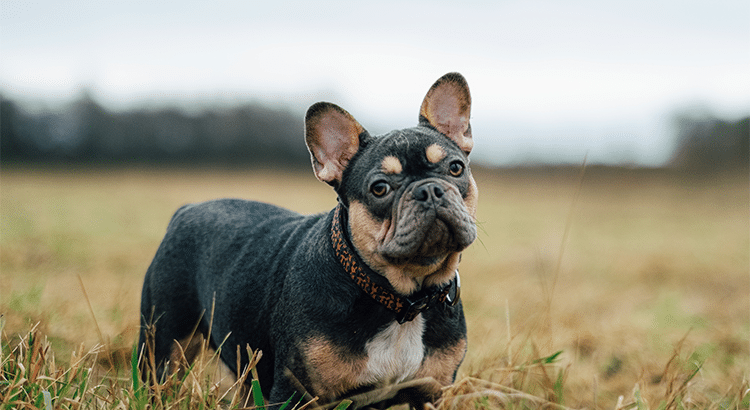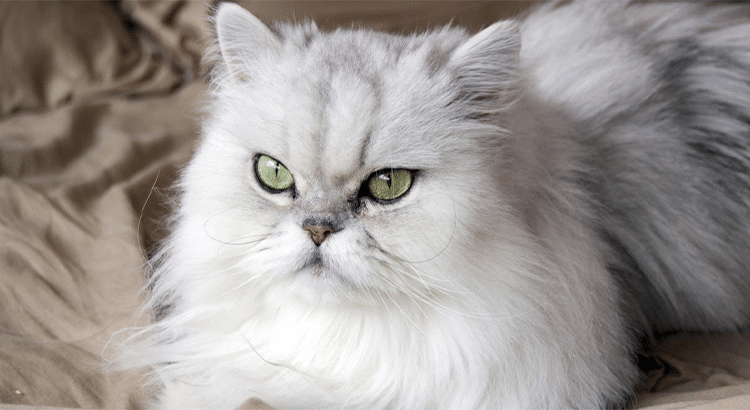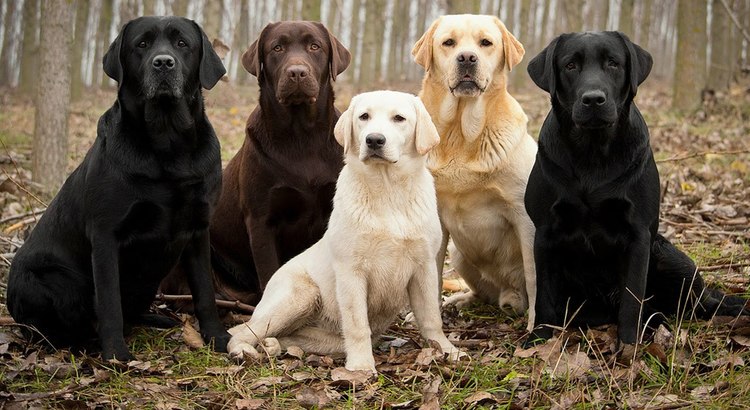
The Pitbull dog, often shrouded in controversy, is a breed with a rich history and a plethora of misconceptions surrounding it. These loyal and affectionate canines have been both loved and feared, making it essential to separate fact from fiction when discussing this breed.
Origin
The Pitbull dog’s ancestry can be tracked back to 19th-century England, where they were initially bred for bull-baiting, a brutal sport where dogs were pitted against bulls. However, after bull-baiting was banned in the early 19th century, the breed found a new purpose as a farm dog and companion animal. Later, in the United States, Pitbulls were used for various tasks such as hunting, herding, and as family pets.
Facts
Myths
Demeanor and Habits
Conclusion
In conclusion, the Pitbull dog is a misunderstood breed with a complex history and a range of personalities. While some misconceptions have tarnished their reputation, these dogs have proven to be loving, loyal, and devoted companions when raised in the right environment. It’s crucial to remember that responsible ownership, proper training, and socialization are key factors in shaping a Pitbull’s behavior. By dispelling myths and promoting responsible pet ownership, we can help ensure that these remarkable dogs get the love and care they deserve.
If you are the owner of a Pitbull dog and are interested in pet insurance, visit Pin Paws to get your hassle-free quote today.




